In the tumultuous year since President Bola Tinubu took office, Nigeria has witnessed a perfect storm of economic challenges and social unrests.
No doubt, the removal of fuel subsidy and the devaluation of the naira have sent shockwaves through the economy, resulting in skyrocketing prices of essential goods and services and hardship for the people.
As citizens take to the streets in protest, with tragic loss of lives and damage to properties, one crucial democratic institution remains conspicuously silent: the National Council of State.
President Tinubu has engaged with various stakeholders since his inauguration, holding multiple meetings with governors, members of the National Assembly, traditional rulers, religious leaders, and the diplomatic corps. Yet, the Council of State – a body uniquely positioned to provide invaluable counsel during times of national crisis like this – has not been convened. Over one year in office, President Tinubu is yet to seek the wise counsel of that body of elders and past leaders.
The Council of State is not merely a ceremonial entity but a constitutionally mandated advisory body comprising some of the nation’s most experienced leaders. Its members include all former Presidents and Heads of State, former Chief Justices, current governors, and key federal officials. This assemblage of wisdom and experience represents an invaluable resource for any sitting president, especially one grappling with Nigeria’s complex challenges.
The absence of a Council of State meeting at this critical juncture raises questions about the administration’s approach to governance and its willingness to leverage all available resources in addressing the nation’s problems.
While President Tinubu has outlined his administration’s efforts to combat biting hunger and inflation, these measures have yet to yield significant relief for the average Nigerian.
The ongoing nationwide protests serve as a reminder of the urgency of the situation. Citizens are not merely expressing discontent; they are crying out for solutions to very real and pressing problems. The destruction of property and loss of lives during these demonstrations underscore the potential for social unrest to escalate if decisive action is not taken.
A Council of State meeting could provide a forum for frank discussions on the current state of the nation and potential pathways forward. The collective experience of its members spans decades of Nigerian history, including periods of economic turbulence, political transition, and social upheaval.
In our view, this wealth of knowledge could prove invaluable in crafting strategies to navigate the current crisis.
Moreover, convening the Council would send a powerful message to the Nigerian people about the government’s commitment to inclusive and consultative leadership. It would demonstrate a willingness to listen to diverse perspectives and to draw upon the nation’s full reservoir of leadership experience.
The Council could also play a crucial role in building national consensus around difficult but necessary economic reforms. The removal of fuel subsidies and currency devaluation, while potentially beneficial in the long-term, have created immediate hardships for many Nigerians.
The Council of State, with its broad representation of national leadership, could help articulate the rationale for these policies and propose measures to mitigate their short-term impacts.
Furthermore, the Council’s deliberations could address other pressing issues facing the nation, including security challenges, electoral reforms, and strategies for diversifying the economy. Its recommendations, while not binding, would carry significant moral and political weight, potentially helping to break deadlocks on contentious issues.
Critics might argue that convening the Council of State is a time-consuming process that could delay urgent action. However, the potential benefits of such a meeting far outweigh any temporary delays. The insights and recommendations generated could actually accelerate the implementation of effective solutions by providing a broader base of support and expertise.
As Nigeria stands at this crossroads, facing economic hardship and social unrest, it is imperative that all instruments of statecraft be deployed in service of the nation. The National Council of State represents one such instrument – a unique body that embodies the collective wisdom of Nigeria’s leadership across generations and political divides.
President Tinubu has an opportunity to demonstrate true statesmanship by convening this Council and actively seeking its counsel. Doing so would not be a sign of weakness, but rather a demonstration of strength and wisdom – an acknowledgment that the challenges facing Nigeria today require the best efforts and ideas of all its leaders, past and present.
This newspaper aver that the time has come for President Tinubu to call upon this august body. Nigeria’s future may well depend on the collective wisdom and experience that only the National Council of State can bring to bear on the pressing issues of our time.
The nation watches and waits, hoping for leadership that is both bold in action and humble enough to seek counsel from those who have borne the burdens of office before.
The Council of State meeting is not just advisable; it is essential for charting a path through these turbulent times towards a more stable and prosperous Nigeria.

 3 months ago
5
3 months ago
5


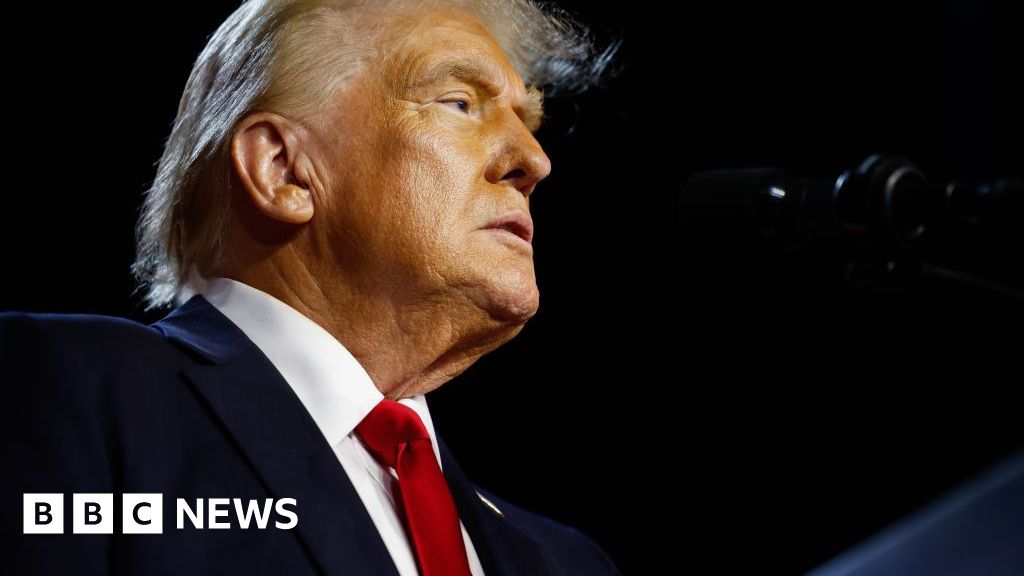

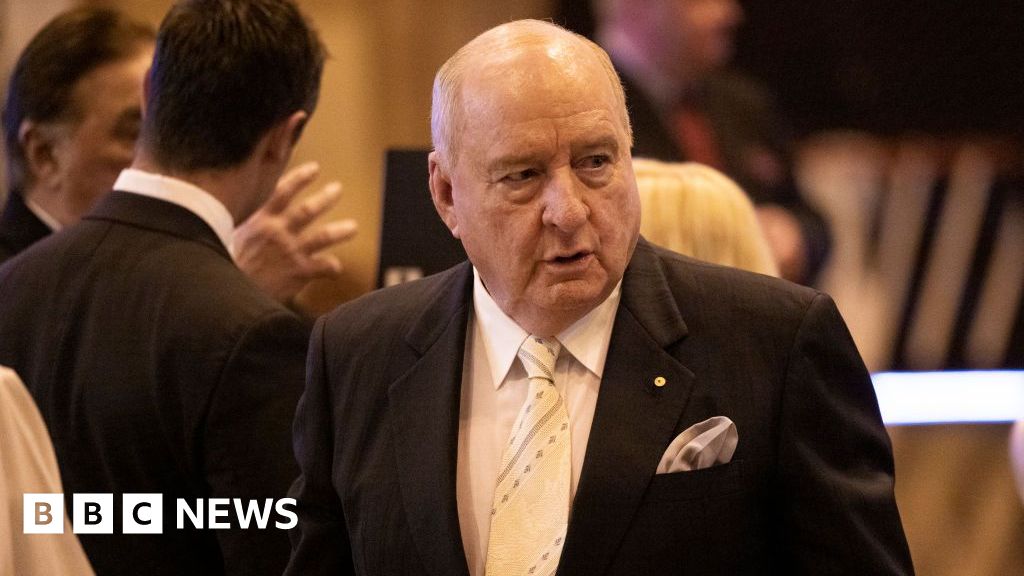

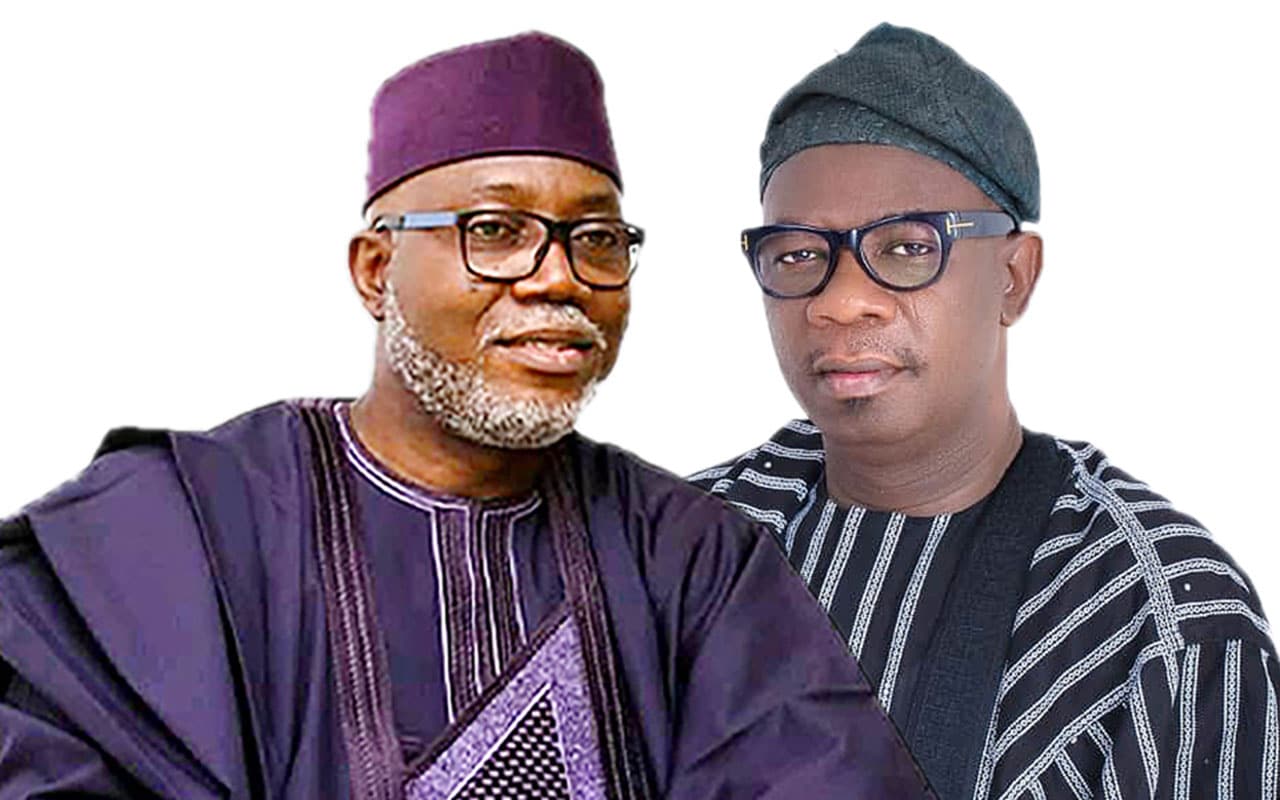




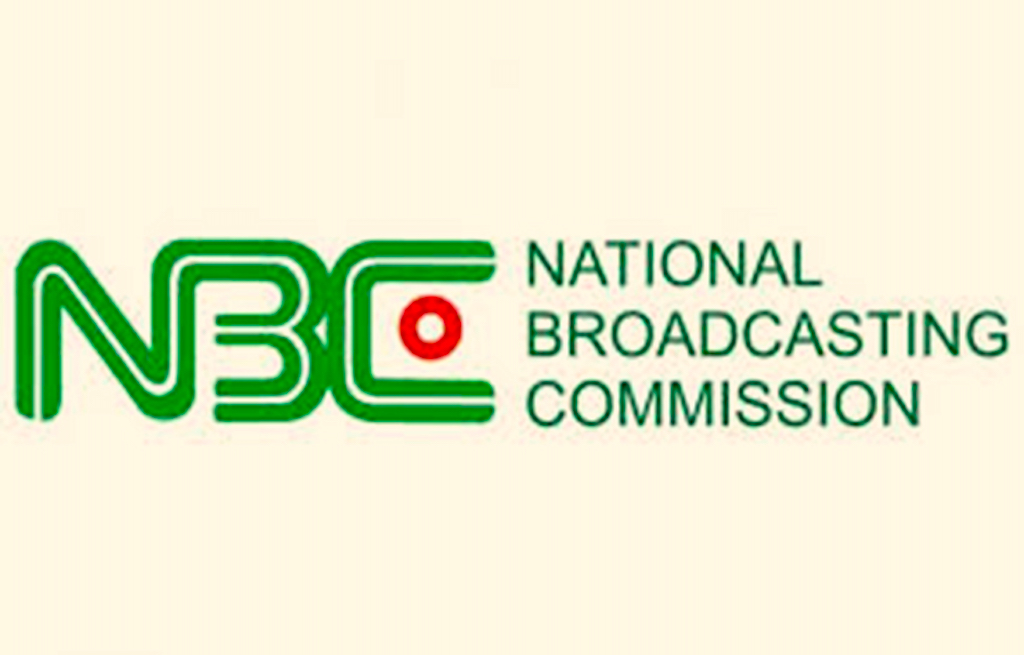


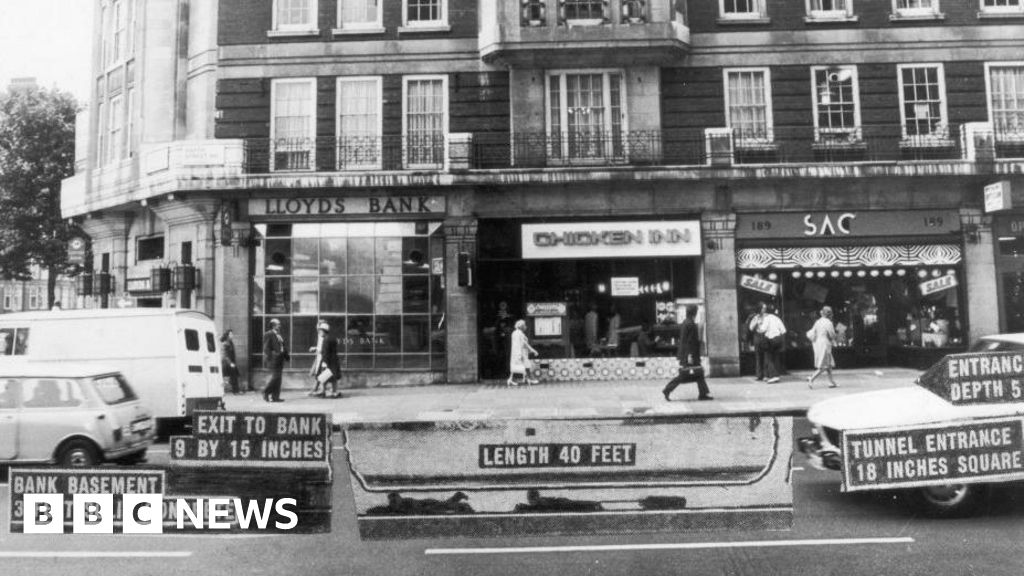
 English (US) ·
English (US) ·